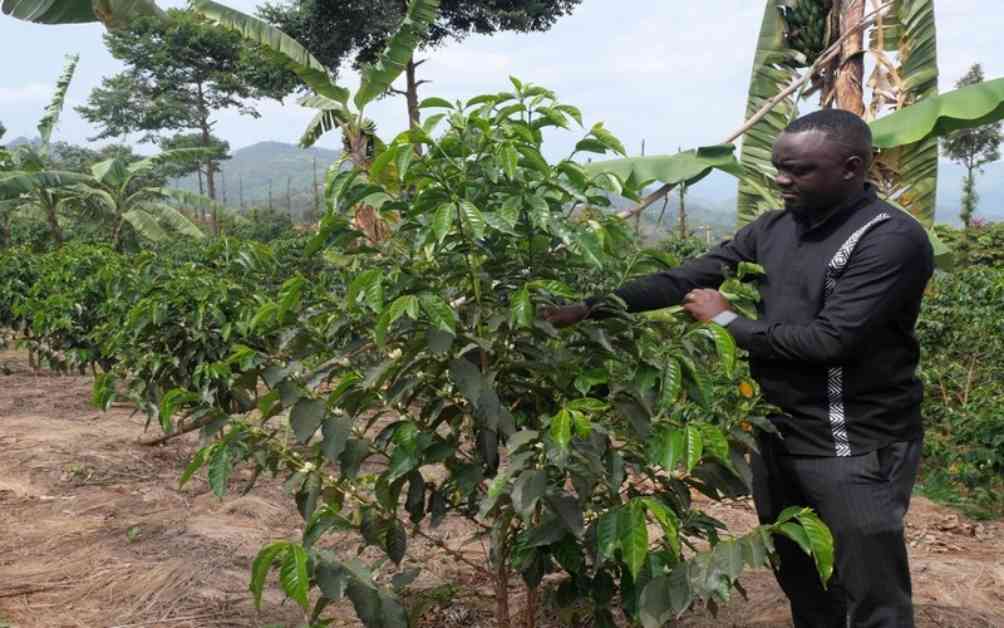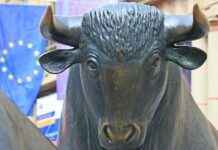Rwandan Coffee Cooperative Leads the Way in Sustainable Farming Practices
In a bid to protect the planet’s soils, the 16th edition of the Conference of the Parties (COP16) on desertification kicked off on December 2, 2024, in Riyadh, Saudi Arabia. Over the course of two weeks, governments, scientists, and civil society actors will convene to discuss solutions to soil degradation and the increasing challenges posed by climate change. Amidst innovative solutions, a shining example emerges from Rwanda, where a coffee cooperative is actively combatting soil erosion while ensuring the sustainability of its agricultural lands. Let’s delve into this exemplary initiative unfolding in the hills of northern Rwanda at the Dukunde Kawa cooperative in Musasa.
The Challenge of Soil Erosion in Rwanda
Ernest Nshimyimana, the director of the Dukunde Kawa coffee cooperative, takes us to a plot located nearly 2,000 meters above sea level in a region of Rwanda known for its steep hills. “This is our demonstration plot where we train farmers in good agricultural practices to enhance the resilience of their crops in the face of climate change,” he explains.
In this mountainous region, soil erosion poses a significant threat, increasing the risk of landslides and impacting the productivity of agricultural lands. To combat this menace, the cooperative has implemented an agricultural model that combines various crop types and the preservation of local biodiversity.
Innovative Agricultural Practices to Safeguard Soils
On the cooperative’s lands, coffee trees are interspersed with banana plants and vegetable crops like cabbages. These plants play a crucial role in maintaining soil moisture and slowing down the flow of rainwater, especially during the rainy season. “The roots of trees and cover plants, like bananas, reduce erosion by stabilizing the soil. It’s a natural approach to sustain soil fertility,” highlights Ernest Nshimyimana.
The addition of manure around the roots of coffee trees is also a key method used to enhance soil quality. Unlike chemical fertilizers, manure naturally enriches the soil with essential nutrients while improving its structure. This practice transforms sandy or clayey soils into fertile and sustainable ones, thereby contributing to long-term productivity.
Empowering Farmers for a Sustainable Future
Through these soil management techniques, over 1,000 farmers who are members of the Dukunde Kawa cooperative have been trained in sustainable agricultural methods. The goal is to enhance coffee production, one of Rwanda’s major export sources, while preserving soil fertility for future generations. The cooperative’s approach embodies a local solution to global challenges related to desertification and soil degradation.
In a world grappling with environmental crises, the story of the Rwandan coffee cooperative serves as a beacon of hope and inspiration. It reminds us that even in the face of daunting challenges, innovative solutions rooted in sustainability and community engagement can pave the way towards a brighter future for all. So, let’s raise our cups to these dedicated farmers and their unwavering commitment to nurturing both the land and livelihoods. Cheers to a more sustainable tomorrow!

















